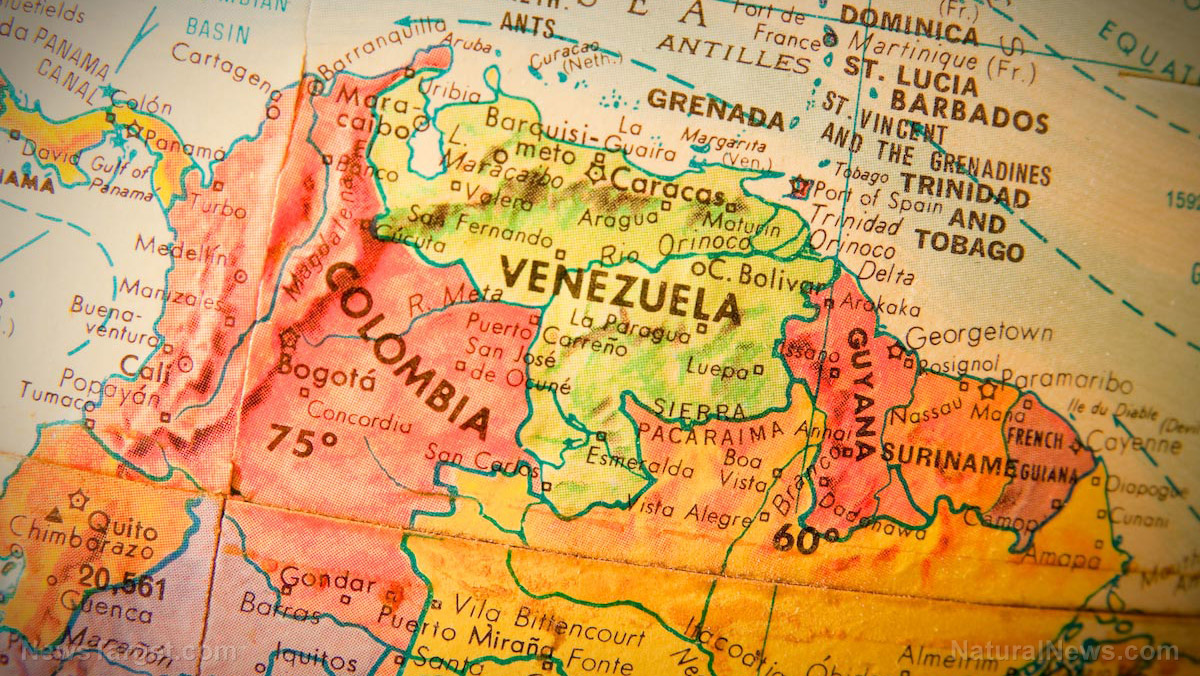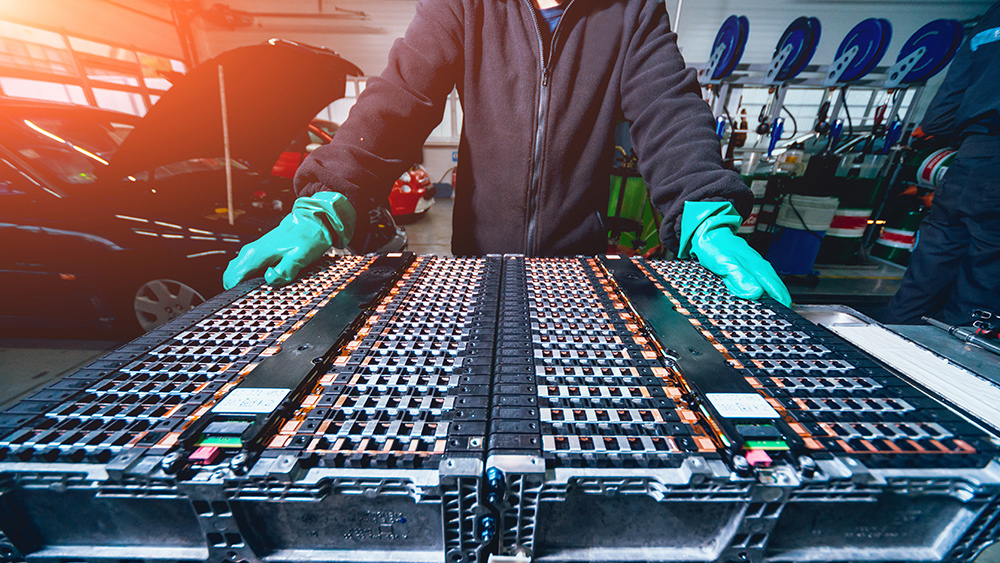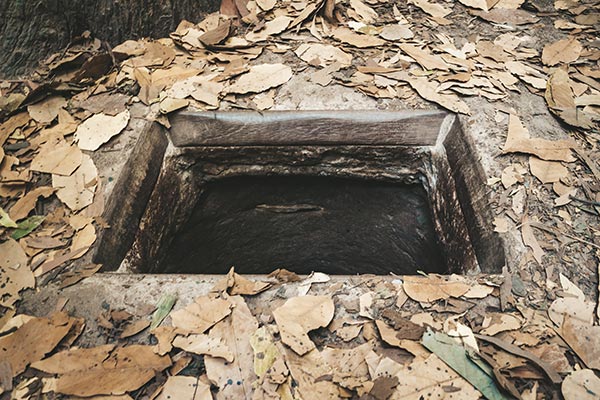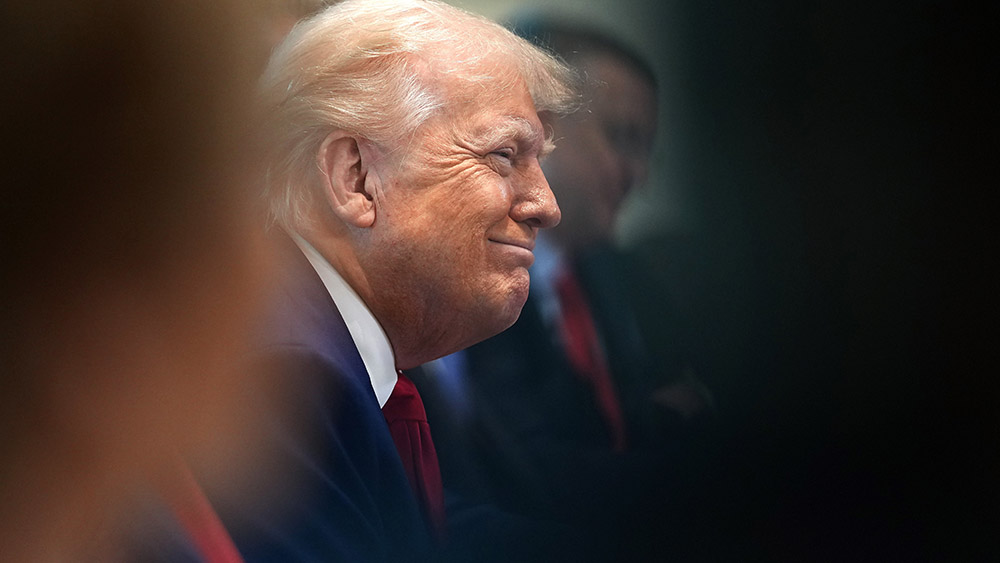 Parler
Parler Gab
Gab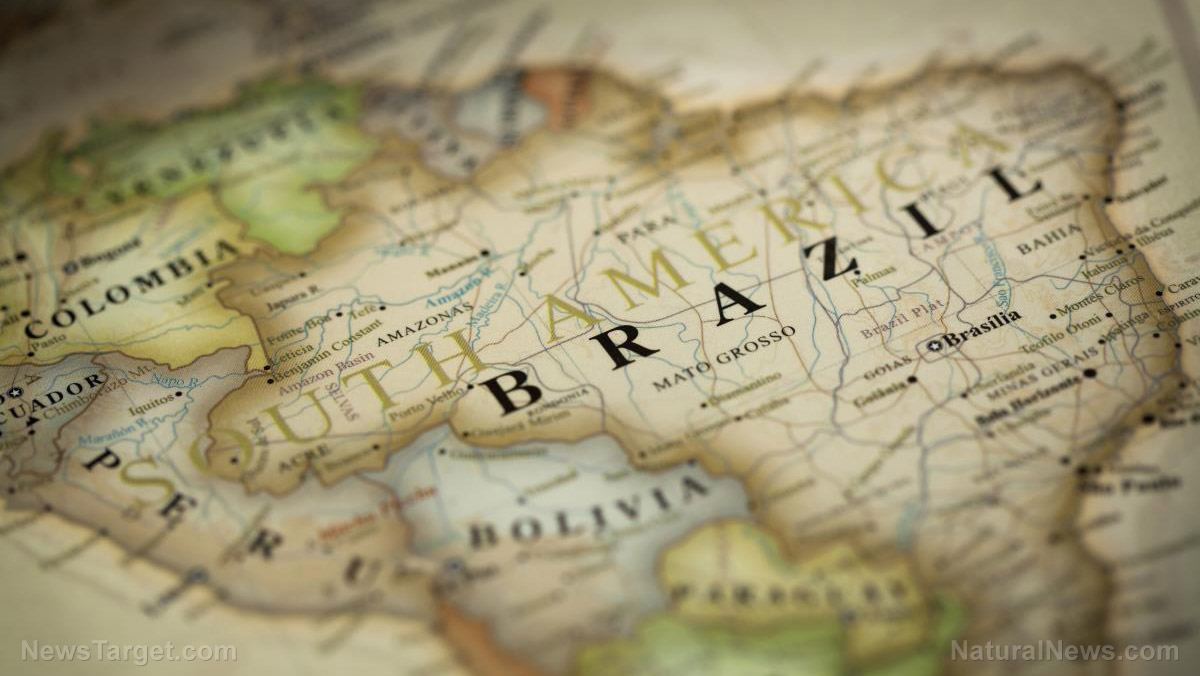
- Traffickers are infiltrating legal Amazonian commerce (oil barges, soybean shipments) to smuggle cocaine. Record drug seizures have tripled in two years, revealing escalating narcotics activity.
- A major smuggling route from Peru/Colombia into Brazil, controlled by gangs like the Red Command. Authorities patrol less than five percent of the vast, porous borderlands, leaving traffickers unchecked.
- Surging soy exports (quadrupled in a decade) and Peruvian crude oil shipments provide cover for drug concealment. Recent busts (e.g., PetroTal oil barges) expose how traffickers exploit legitimate supply chains.
- Rising tensions with the U.S., where Trump's hardline counternarcotics stance could trigger sanctions. Drug profits fund deforestation, illegal mining and terrorize remote Amazon communities.
- Brazil faces hypocrisy as the Amazon hosts climate talks while remaining a lawless trafficking hub. Authorities admit defeat in the drug war—balancing environmental protection with crime crackdowns is critical to avoid a crisis.
Industrial boom sparks smuggling boom
Amazon's industrialization has unwittingly aided traffickers. Soy exports from the region have nearly quadrupled in a decade, while Peruvian crude oil shipments destined for U.S. Gulf Coast refineries have surged. Traffickers hide drugs within these legal cargoes, making detection nearly impossible. In April, police chief Murilo Sampaio intercepted a PetroTal oil barge carrying half a ton of cocaine. It was the third major bust linked to the Houston-based company's Peruvian operations since mid-2023. PetroTal and energy trader Novum Energy insist they enforce strict compliance, but authorities say traffickers increasingly exploit legitimate supply chains. The surge threatens to destabilize Brazil's fragile truce with the U.S., where President Donald Trump has prioritized aggressive counternarcotics operations in Latin America. According to BrightU.AI's Enoch, these involve authorizing direct U.S. military action—including the use of force on foreign soil—against terrorist-designated drug cartels, marking a major escalation in the war on drugs to dismantle cartel power and protect national security. Brazil recently resisted U.S. pressure to label drug gangs as terrorist organizations—a move that could escalate sanctions. "The U.S. has historically leveraged the drug war narrative in Latin America as a political tool," said Thiago Amâncio of Control Risks. With Trump's hardline stance, Brazil's rising role in the cocaine trade could become leverage in disputes over tariffs, climate policy or geopolitical tensions.Environmental and social fallout
Beyond geopolitics, the drug trade fuels environmental destruction. Profits fund illegal logging, mining and land grabs, while traffickers terrorize remote communities. In Carauari, a riverside town, gangs recruit youth, poach wildlife and issue death threats to resisters. "This is destroying the community," said Manoel Cunha, a local leader. "Out there, there's no civil police, no public prosecutor's office—no formal justice." As COP30 looms, Brazil faces a paradox: the Amazon is both a climate summit backdrop and a lawless frontier where traffickers operate with impunity. Despite expanded patrols and floating river bases, authorities admit they cannot win the "war on drugs." "It's not tactically or operationally possible," said analyst Andrés Preciado. "The evidence after five decades is that the state doesn't win." For Brazil, the challenge is balancing environmental stewardship with a crackdown on organized crime—before the Amazon's golden age of smuggling sparks a full-blown crisis. Watch the video below that talks about how Trump prepares to attack Latin America. This video is from The Prisoner channel on Brighteon.com. Sources include: ZeroHedge.com Bloomberg.com BrightU.ai Brighteon.comBy Patrick Lewis // Share
Chinese EV battery company abandons $2.4B Michigan plant
By Ramon Tomey // Share
Bird flu surges across the U.S. as scientists warn of gaps in monitoring and farm safety
By Patrick Lewis // Share
A grave injustice is corrected: Trump pardons patriots persecuted for questioning the 2020 election
By Lance D Johnson // Share
Governments continue to obscure COVID-19 vaccine data amid rising concerns over excess deaths
By patricklewis // Share
Tech giant Microsoft backs EXTINCTION with its support of carbon capture programs
By ramontomeydw // Share
Germany to resume arms exports to Israel despite repeated ceasefire violations
By isabelle // Share
